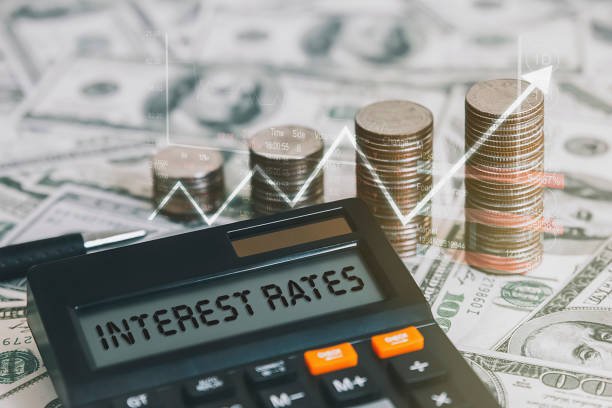Introduction: What Are Personal Loans?
Personal loans are widely available nowadays and are used by many people to meet their needs. These loans are offered by banks or financial institutions and are intended to address your immediate requirements. Typically, personal loans are unsecured, meaning you do not need to provide collateral (security) for them.
Benefits: Advantages of Personal Loans

Personal loans have several benefits. The first advantage is that the application process is relatively easy. Additionally, you can use this loan for any purpose—whether you need money for a medical emergency or for home renovation. This flexibility makes personal loans quite attractive.
Drawbacks: Disadvantages of Personal Loans
Every benefit comes with drawbacks, and personal loans are no exception. The biggest drawback is that you have to pay interest on these loans, which increases the total repayment amount. Furthermore, if you do not make timely repayments, it can negatively affect your credit score.
Interest Rates: What You Should Know

Interest rates on personal loans can be quite high, which can increase your repayment burden. Interest rates vary depending on your credit history and the lender’s policies. You should ensure that your credit score is good to secure better interest rates.
Repayment Terms: How Long Do You Have to Repay?
Repayment terms for personal loans are generally short to medium term, requiring you to repay the loan amount within a specific time frame. This time frame is usually between 1 and 5 years. You should choose repayment terms based on your financial planning.
Flexibility: Benefits of Personal Loans
Another benefit of personal loans is that they provide financial flexibility. You can use the loan amount according to your needs and cover any unforeseen expenses. This flexibility helps you avoid financial pressure.
Eligibility Criteria: What Is Required?
To obtain a personal loan, you need to meet certain eligibility criteria. These criteria depend on your general credit history, income level, and current financial status. Lenders evaluate your financial stability to ensure that you can make timely repayments.
Application Process: How to Apply for a Loan
Applying for a personal loan is quite straightforward. You need to fill out an application form with your personal and financial details. During the application process, the lender will check your credit report and assess your eligibility.
Credit Score: The Impact of Your Credit History
Your credit score significantly impacts personal loan approval. A high credit score provides you with better interest rates and favorable loan terms, whereas a low credit score can affect your loan approval. Therefore, maintaining a good credit score is important.
Emergency Situations: The Role of Personal Loans
In emergency situations, personal loans provide quick financial support. If you face sudden medical expenses, home repairs, or other urgent needs, personal loans can offer immediate cash flow, providing relief during such times.
Debt Management: Loan Repayment Strategy
Managing personal loans and making timely repayments is crucial. By following an effective debt management strategy, you can manage your loans easily and avoid unnecessary financial stress. Budgeting and financial planning assist in the repayment process.
Prepayment and Penalties: What You Should Know
Some lenders offer prepayment options and penalties. If you wish to repay your loan early, you may face prepayment charges or penalties. These charges can affect your total repayment amount, so it’s important to understand the prepayment terms thoroughly.
Loan Consolidation: A Solution for Multiple Loans
If you are repaying multiple loans, loan consolidation might be an option. This involves combining your existing loans into a single loan, simplifying your repayment process and requiring you to make only one EMI payment.
Financial Planning: Integrating Personal Loans
Integrating personal loans into your financial planning is important. You should plan loan repayment according to your monthly budget and expenses. This ensures that you make timely payments and avoid unnecessary financial burdens.
Conclusion: Benefits and Drawbacks of Personal Loans
Before deciding on a personal loan, you should thoroughly understand its benefits and drawbacks. These loans can offer financial flexibility and assistance in emergency situations, but high interest rates and repayment terms must also be considered. Financial planning and smart decision-making help maximize the benefits of personal loans.

